The overpopulated countries like the developing and underdeveloped nations all face the critical problem of waste management or waste disposal. With the negligence of people and recklessness, many of the cities are all facing the difficulties of large landfills and scattered garbage. This not only brings diseases to the common folks but also serves to be harmful to the future of the nation too. The proper disposal and waste management acquaintance is a must for the modern day world. Without this, we nonchalantly pave the way to a filthier and a dying planet.
Waste management is an overall control of the treatment, handling, prevention, monitoring and the reuse of the wastes of a particular area.
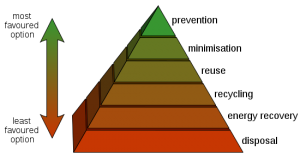
There are varieties of wastes that serve as harmful. For instance, industrial, household and also commercial and other sewage sludge.
Waste management has a variety of issues to be dealt with. Some of them are landfills, planning, education and acquaintance, recycling, reuse and also storage.
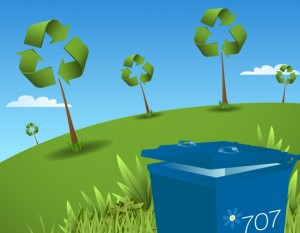
The problem of waste management was an old issue. It started several thousand years ago with the problems of disposing bio degradable wastes and ashes. Back then, the tools that were made up of metal or wood were reused and not disposed off soon.
Why is waste management necessary?
1) The industrial revolution:

With several industries coming up, there is a great need for waste management,. These industries release several hazardous wastes that need to be treated properly before disposing them off .The wastes may include radioactive gases, by-products, chemical solvents, municipal solid waste or any other toxic wastes. If the wastes are not treated and dumped recklessly, then it will result in several acute repercussions where the environment gets severely damaged. Moreover, there are even penalties for these industries in order to reduce the wastes they need to dispose.
2) Household waste:
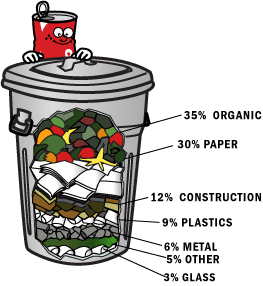
This includes several hazardous items like pest control, automotive care, herbicides, fuel, posions, cleaning agents and other personal care items. Also, there are some items which can be recycled and others which can be returned to retail stores for the disposal. Example: fluorescent lamps.
There are several methods of disposal that are practiced:
1) Incineration:
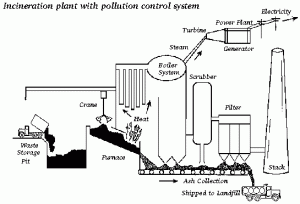
Here, the organic wastes are converted into gaseous products through the process of combustion. Thus, the solid waste considerably gets reduced by 20 or 30 percent. This process of incineration is also called as thermal treatment. Altogether, the solid wastes are converted into ash, steam and other such residues. The hazardous and dangerous bio medical wastes or biological wastes are disposed off through this process. Yet, this process has raised several negotiations and controversial issues because of the fact that it releases gaseous and other residues. The process of incineration is commonly done in Japan.
2) Landfill due to dumping of wastes:
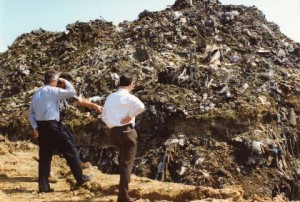
This is mainly due to burying or filling the burial pits, mining voids , barren areas or unused deserted places with the wastes. This is very unhygienic and not mostly preferred. But, yet this is commonly done as it hardly needs any expenses for disposal. These cause severe environmental problems like attracting the vermin and even spreading the wastes to other surrounding areas due to the blowing wind. The waste that is deposited in these areas has to be essentially compacted in order to keep away vermin and other hazardous environmental problems. Eventually, using perforated pipes, the gas is pumped put of these landfills so that it can be used to generate electricity.
3) Recycling wastes:

With the new mantra of reduce, reuse and recycle, almost all products are encouraged to be reused or otherwise recycled. Wastes are collected from the curbs and these wastes are recycled at the recycling plants. There are several items which can be recycled. For example, PP, PVC, LDPE and even other household items like magazines, glass bottles and jars etc.
The recycled products are then sold in the market for a lower price.
Techniques of waste handling:
A few local government authority or the private companies have their own domestic waste collection services. Here are a few waste handling techniques that are followed throughout the world:
1) In places like Canada, there are mere curbside collection which are nothing but the collection of waste on the street sides .There are separate bins provided for plastic , organic and other non-biodegradable waste so that the disposal become easier.
2) There is an ArrowBio system in Israel. Here the debris is collected from the streets and then given to a gravitational settling, screening, and hydro-mechanical shredding mechanism. Here the waste is transformed into compost for the purpose of agriculture and also biogas.
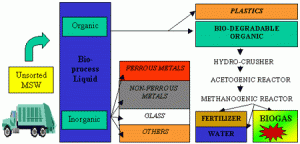
3) Taipei is a place where even the household wastes are charged .So, the more wastes you have to be dispose, the more you will be charged for it. Moreover, they even issue several rubbish bags in which the people are supposed to give their household debris. Without these bags, their wastes wouldn’t be taken. This has turned out to be so successful that the people have stopped disposing-off things unnecessarily and strictly follow the 3 rules of reduce, reuse and recycle.
Waste management is indeed a massive hindrance that we face in the modern days. This problem needs to be considered gravely and given utmost undivided attention. People in rural areas too need to be acquainted of these facts and wastes–management techniques . It’s only then that we can reduce the wastes considerably and help in making our planet –cleaner and greener!
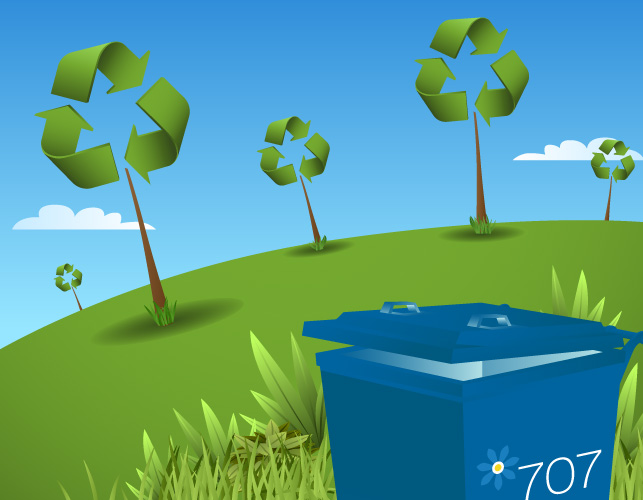
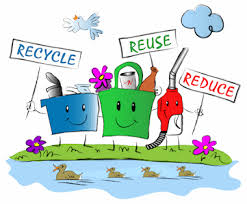
Leave a Reply